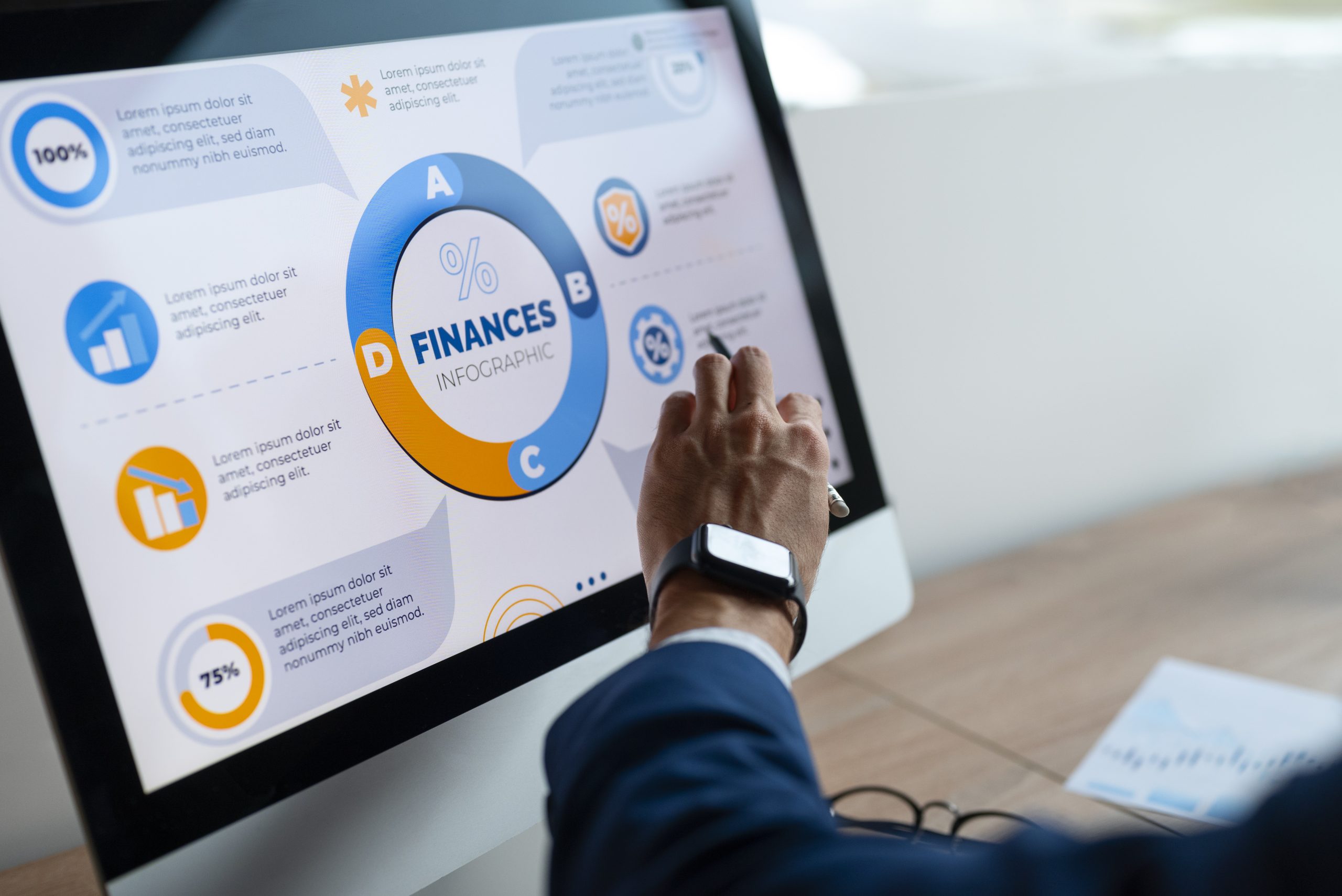Losing your job can be an overwhelming experience, fraught with uncertainty and anxiety. However, with a solid financial strategy, you can navigate this challenging period more smoothly.
Developing a robust financial plan is crucial to weathering the storm of unemployment and ensuring stability during this time. A well-thought-out financial strategy can provide much-needed reassurance and a roadmap to follow until you secure new employment.
Preparing for the unexpected is not just about saving money; it’s about having a comprehensive approach to managing your finances during times of uncertainty. Building an emergency fund, minimizing unnecessary expenses, and knowing your financial priorities are essential steps in ensuring that you’re ready when adversity strikes.
Crafting a proactive financial plan

Creating a financial plan proactively can significantly ease the burden when dealing with job loss. The key is to start planning even before any signs of trouble appear. Imagine your financial plan as a safety net that will cushion the impact of unexpected job loss, giving you the peace of mind to focus on your next steps rather than worrying about immediate financial survival.
A solid financial plan begins with an emergency fund. Ideally, this fund should cover three to six months of your living expenses. During periods of employment, consistently contribute to building this reserve. It serves as the financial cushion you can rely on while you seek new job opportunities without the strain of financial insecurity.
In addition to your emergency fund, it’s important to evaluate your existing expenses. Take an inventory of your monthly spending to identify areas where you can cut back. By tailoring your budget to suit a leaner, prioritized variant, you can extend the longevity of your emergency fund and reduce unnecessary financial outflow.
Assessing immediate needs
Once you find yourself without a job, the immediate focus should be on assessing which financial obligations require urgent attention. Make a list of your essential expenses, such as housing, utilities, groceries, and transportation. These are the non-negotiable costs that must be accommodated first to maintain basic living standards.
Higher discretionary expenses like memberships, dining out, or entertainment should be minimized or eliminated until your financial situation stabilizes. Prioritizing essentials ensures that your limited resources are directed towards maintaining your quality of life while avoiding unnecessary strain on your finances.
Exploring alternate income sources
After losing a job, it’s crucial to explore other sources of income to augment your financial plan. This step not only bridges the gap between jobs but also provides a psychological boost. Consider freelance work, part-time jobs, or turning hobbies into income streams. Any additional income can significantly alleviate financial pressure.
If you have skills in demand, freelancing can be a flexible and rewarding option. Temporary or gig economy jobs can also provide interim income and the possibility of acquiring new job skills. Adapting to new ways of generating income can be a transformative experience and substantially contribute to your financial security during unemployment.
Long-term financial resilience
Building long-term financial resilience involves learning from your experience and reinforcing your finances even after gaining new employment. This experience provides a unique opportunity to reassess personal and financial goals, leading to a more secure financial future.
Once employed, continue to contribute actively to your emergency fund. Additionally, consider investing in skill upgrade programs or financial literacy courses to enhance your marketability and employment potential. Building a career with growth opportunities can reduce future job instability and bolster financial strength.
Reframing financial goals
Reframing your financial goals post-unemployment can provide direction and motivation. Establishing both short-term and long-term financial objectives allows you to manage current needs while planning for a secure future. Critical assessment of your experiences can empower you to make changes that sustain financial health and limit vulnerability to future job losses.
Developing a diversified investment portfolio and improving savings habits can position you for robust financial resilience. Align your financial goals with your career aspirations and personal values to cultivate a stable and fulfilling life beyond your current circumstances.
Pursuing continuous financial education
Continuous financial education is vital in building a strong foundation that remains unshaken by job instability. Enhance your financial knowledge by staying informed through financial journals, webinars, and workshops. Understanding market trends, investment options, and personal finance strategies can yield long-term benefits.
Financial literacy empowers you to make informed decisions that effectively manage your resources and secure your financial future. Pursuing continuous education helps you adapt to changes in the work environment and equips you with the skills necessary to thrive regardless of employment status.





